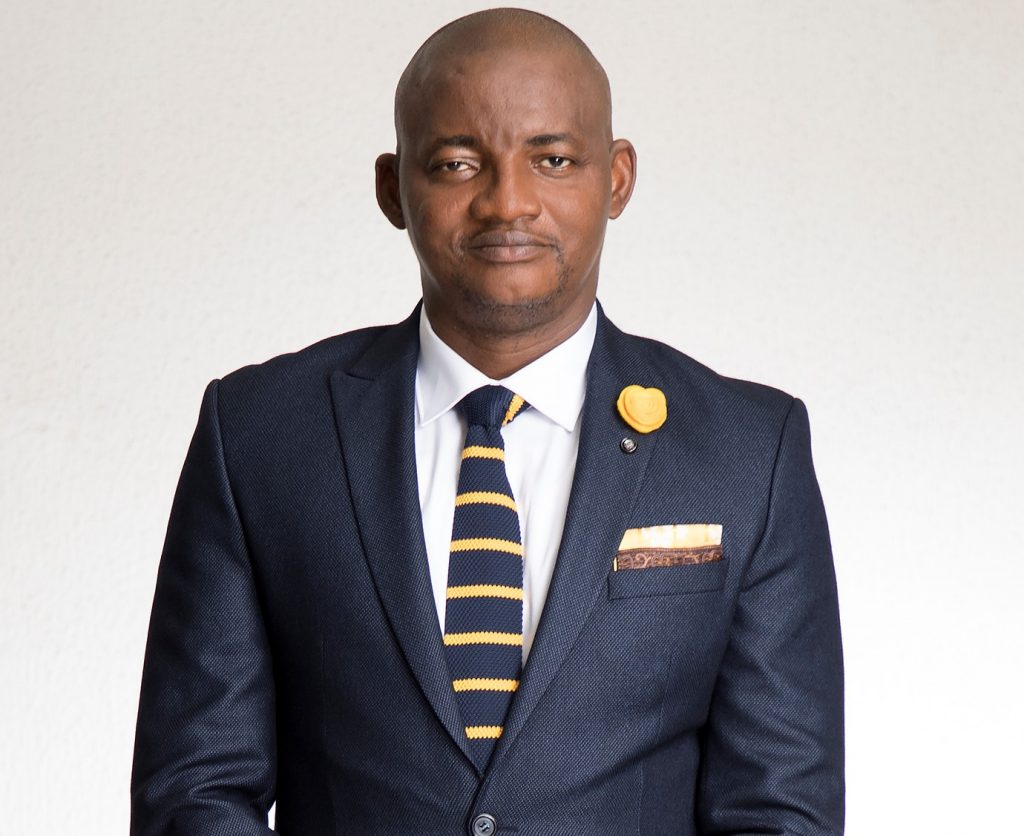Brewing giant SABMiller has recommended that its shareholders should accept the revised takeover offer from AB InBev. Budweiser owner AB InBev raised its offer for rival SABMiller on Tuesday after a fall in the pound had made its original terms less attractive.
The pound has lost about 12% against the dollar since the UK referendum.
The deal, agreed last year, will create the world’s largest beer firm, producing about 30% of the world’s beer. In another important development on Friday, the deal was given the go-ahead by Chinese regulators, a major hurdle to overcome before any deal could go ahead.
AB InBev raised its offer by £1 a share to £45 a share, valuing SABMiller at about £79bn, up from £70bn previously.SABMiller counts Peroni, Pilsner Urquell, and Grolsch among a stable of brands, while AB InBev also produces Stella Artois, Corona, Leffe and Beck’s.
SABMiller chairman Jan du Plessis said: “The board’s decision was difficult given changes in circumstances since the board originally recommended £44 per share in cash last November.
“Since then, various factors have affected the value of the offer, most importantly the impact of the Brexit vote on the value of sterling and the re-rating of comparable companies.
“This has made the board’s decision more challenging, and we believe the final cash consideration of £45 per share to be at the lower end of the range of values considered recommendable.”
The way in which the offer is structured means that investors can receive either cash, or a mixture of cash and shares in the newly-merged company – a partial share agreement (PSA) as it is known.
However, the PSA was designed specifically for SAB’s two biggest shareholders Altria and Bevco, who wanted to keep a stake in the new company. Since last November, when the merger was agreed, the cash offer has become less attractive given the weaker value of the pound.
However, Aberdeen Asset Management, an SABMiller shareholder, has again said that the deal is unacceptable. On Friday it said that, “as we have already indicated, we intend to vote against the deal as we are uncomfortable with the structure and believe it undervalues the company”.
How the merger affects Nigeria
SABMiller is the third largest brewer in Nigeria after Heineken’s Nigerian Breweries and Diageo’s Guinness Nigeria. Unlike other brewers, SABMiller made a late entry into the Nigerian beer market in 2009. But the company moved swiftly, buying Port Harcourt-based Pabod Breweries, makers of Grand lager beer, and Ilesa-based International Breweries, makers of Trophy lager.
In 2012, SABMiller established a $100 million brewery in Onitsha, which makes Hero lager. SABMiller has been pursuing a regional strategy in Nigeria rather than taking on its more nationally established competitors head on. The company also sells low-cost products; for instance, its beers are about 40 percent cheaper than its rivals.
Just like in other African countries, SABMiller is targeting the informal beer market, which is dominated by home brewers and bootleggers. These cheap, and mostly unhygienic, local brewers supply more than two-thirds of all beer consumed in Africa.
SABMiller estimates that the informal beer market in Africa is worth up to $3 billion. With the impending AB InBev merger, SABMiller may be poised to expand its operations across Nigeria, now Africa’s largest beer market, and challenge its much larger rivals for national market share.





Comment
No comments found.